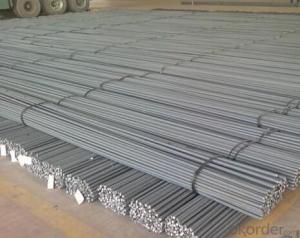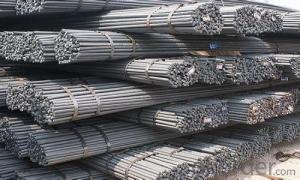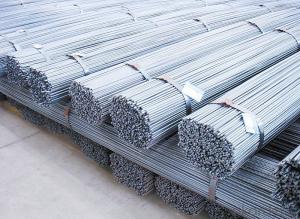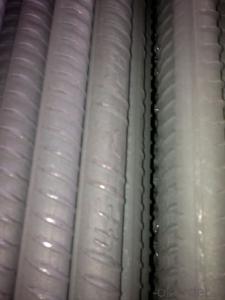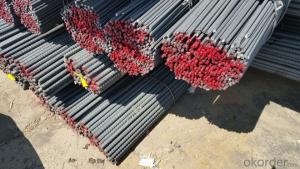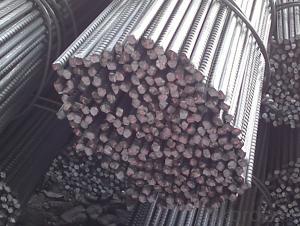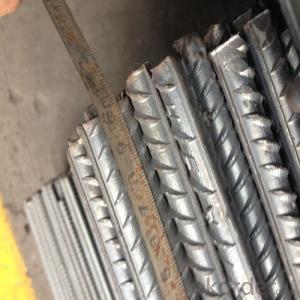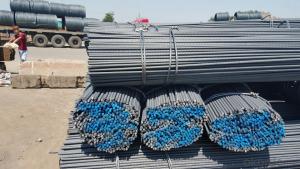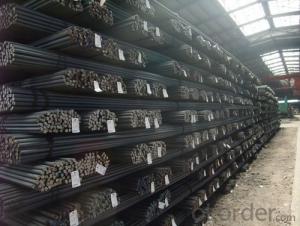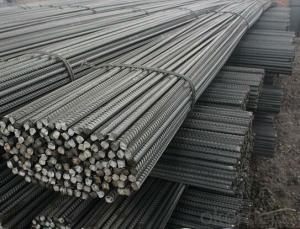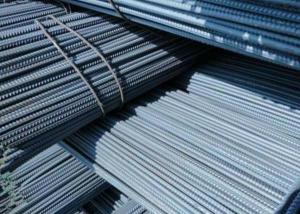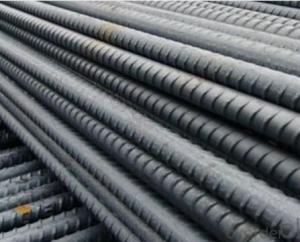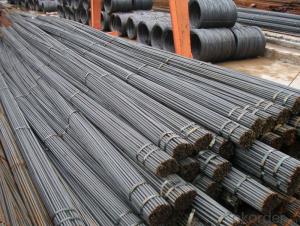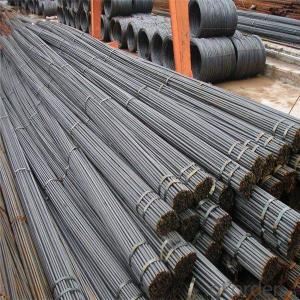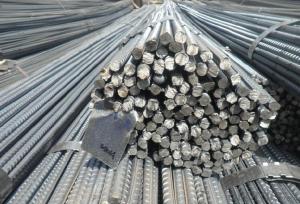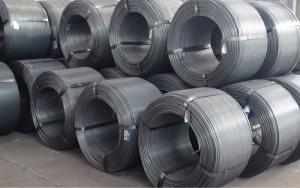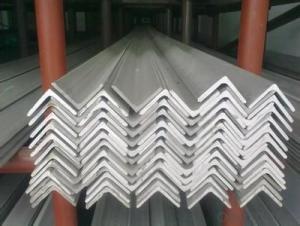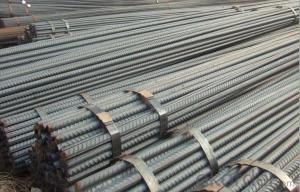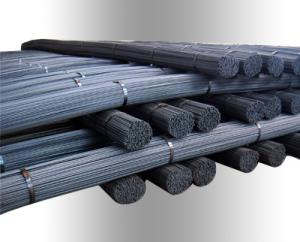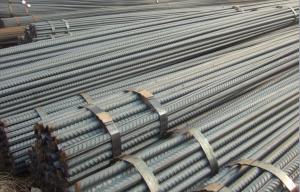All Categories
- - Steel Wire Rod
- - Steel Coils
- - Steel Profiles
- - Steel Pipes
- - Stainless Steel
- - Tinplate
- - Special Steel
- - Steel Sheets
- - Steel Rebars
- - Steel Strips
- - Hot Rolled Steel
- - Cold Rolled Steel
- - Pre-painted Steel
- - Seamless Steel Pipe
- - Welded Steel Pipe
- - Hollow Steel Tubes
- - Galvanized Pipe
- - Stainless Steel Coil
- - Stainless Steel Sheet
- - Stainless Steel Plate
- - Stainless Steel Strips
- - Electrolytic Tinplate Coil
- - Electrolytic Tinplate Sheet
- - Stainless Steel Rebars
- - Solar Panels
- - Solar Water Heater
- - Solar Related Products
- - Solar Inverter
- - Solar Cells
- - Solar Light
- - Solar Energy Systems
- - Solar Controllers
- - Solar Mounting System
- - Solar Pump
- - Solar Chargers
- - Fiberglass Chopped Strand
- - Fiberglass Mesh Cloth
- - Composite Pipes
- - FRP Pultrusion Profiles
- - Fiberglass Mat Tissue
- - Fiberglass Fabrics
- - Fiberglass Mesh
- - Composite Tank
- - Fiberglass Mesh tape
- - Polymer
- - FRP Roofing Panel
- - Fiberglass Roving
- - Monolithic Refractories
- - Ceramic Fiber Products
- - Refractory Bricks
- - Raw Materials For Refractory
- - Suspended Platform
- - Cranes
- - Concrete Machinery
- - Earthmoving Machinery
- - Building Hoist
- - Road Building Machinery
- - Plastic Pipe Fittings
- - Plastic Tubes
- - Plastic Sheets
- - Agricultural Plastic Products
- - Plastic Nets
 All Categories
All Categories
Q & A
What is the impact of using carbon nanotube-reinforced steel rebars in enhancing structural performance and durability?
Using carbon nanotube-reinforced steel rebars can significantly enhance structural performance and durability. The incorporation of carbon nanotubes in steel rebars improves their mechanical properties, such as strength, stiffness, and ductility. This reinforcement leads to enhanced structural integrity, increased load-bearing capacity, and resistance to corrosion, fatigue, and creep. Moreover, carbon nanotubes provide a lightweight solution, reducing the overall weight of structures while maintaining their strength. Consequently, the use of carbon nanotube-reinforced steel rebars can contribute to the construction of more resilient and long-lasting infrastructure.
How are steel rebars used in the renovation and restoration of historic buildings?
Steel rebars are commonly used in the renovation and restoration of historic buildings as they provide structural reinforcement and ensure the safety and longevity of the structure. These rebars are typically inserted into existing masonry or concrete to enhance their strength and stability, allowing for the preservation of the building's architectural integrity while meeting modern safety standards.
How do steel rebars fit into the reinforcement of historically significant structures during restoration projects?
Steel rebars play a crucial role in the reinforcement of historically significant structures during restoration projects. They are used to strengthen and support the existing structure, ensuring its stability and durability for the future. By integrating steel rebars into the reinforcement process, the historical integrity of the structure is preserved while also meeting modern safety standards.
How do you assess the structural performance of steel-reinforced concrete walls?
To assess the structural performance of steel-reinforced concrete walls, several factors need to be considered. First, visual inspections are conducted to check for any cracks, spalling, or signs of distress on the surface of the walls. Additionally, non-destructive testing methods such as ultrasonic pulse velocity testing, ground-penetrating radar, and rebound hammer testing can be employed to assess the integrity and quality of the concrete. Core samples are often taken to evaluate the compressive strength and determine if the mix design meets the required specifications. Finally, the reinforcement bars are inspected for proper placement, corrosion, and overall condition. By combining these assessment techniques, a thorough evaluation of the structural performance of steel-reinforced concrete walls can be achieved.
Wholesale Steel Rebars from supplier in Latvia
Whether you are involved in construction, infrastructure development, or any other industry that requires steel reinforcement, we have the expertise and resources to meet your needs. Our steel rebars are manufactured to international standards and undergo strict quality control processes to ensure durability and reliability.
In addition to supplying high-quality steel rebars, we also offer comprehensive sales, pricing, and technical support services. Our team of experts is available to assist you with product selection, pricing inquiries, and any technical questions you may have. We understand that each project is unique, and we are committed to providing personalized solutions that meet your specific requirements.
As a subsidiary platform of CNBM, a Fortune Global 500 company, we have access to a vast network of resources and industry connections. This allows us to offer competitive pricing and efficient procurement processes, ensuring that you receive the best value for your investment. We are dedicated to delivering exceptional customer service and building long-term partnerships based on trust and reliability.
Whether you are undertaking a small-scale construction project or a large-scale infrastructure development, we are here to support you every step of the way. Contact us today to discuss your steel rebar requirements in Latvia and let us help you find the best solutions for your projects.
In addition to supplying high-quality steel rebars, we also offer comprehensive sales, pricing, and technical support services. Our team of experts is available to assist you with product selection, pricing inquiries, and any technical questions you may have. We understand that each project is unique, and we are committed to providing personalized solutions that meet your specific requirements.
As a subsidiary platform of CNBM, a Fortune Global 500 company, we have access to a vast network of resources and industry connections. This allows us to offer competitive pricing and efficient procurement processes, ensuring that you receive the best value for your investment. We are dedicated to delivering exceptional customer service and building long-term partnerships based on trust and reliability.
Whether you are undertaking a small-scale construction project or a large-scale infrastructure development, we are here to support you every step of the way. Contact us today to discuss your steel rebar requirements in Latvia and let us help you find the best solutions for your projects.
